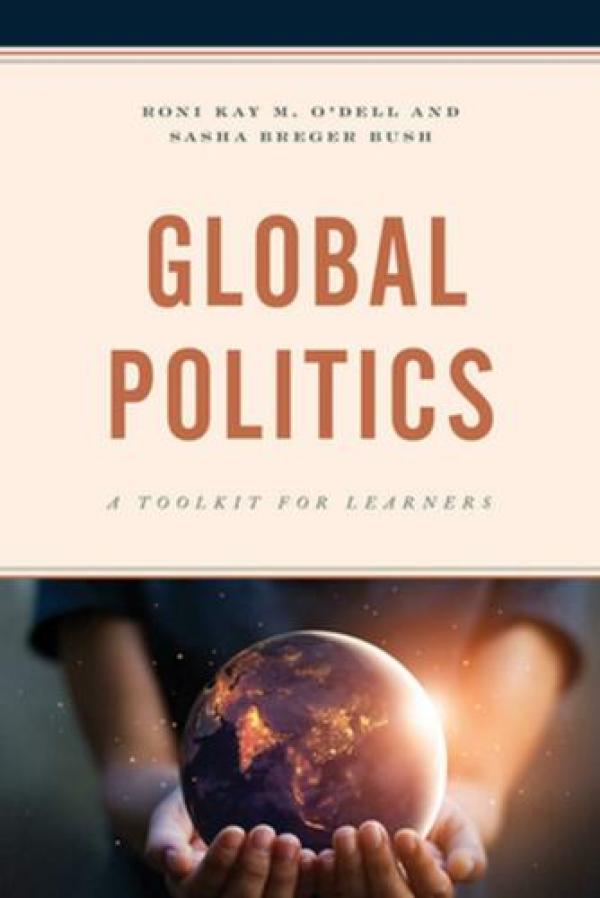
My CU-Denver political science department colleague Sasha Breger-Bush’s insightful 2020 book, Global Politics: A Toolkit for Learners, is highly useful for instructors teaching any topic and any course format be it face-to-face, asynchronous online, or remote synchronous. As a text it is unique (and democratic) in that it addresses and empowers students, instructors, and non-academic lifelong learners. This book, co-written by Roni Kay O’Dell, helps readers build thinking skills using student-centered approaches based on research. The book is designed to present subject themes and related primary sources along with specific tools to analyze those sources. Each content chapter builds skills by scaffolding the tools via the Bloom’s Taxonomy framework.
The book explains the increased comprehension that results from learner-centered classrooms.
I started moving away from the traditional “sage on the stage” lecture approach after seeing research in 2012 that showed generally poor retention and recall from conventional lecture formats, even from those teachers regarded as stellar lecturers. Retention a year after the lecture class was very low. My face-to-face class active learning approach evolved to short lecture bursts (15 to 20 minutes) punctuated with small group break outs. In the groups, students applied new concepts using case studies to understand contending perspectives.
Research showed application rather than passive listening as essential to learning.
The changes weren’t without initial challenges and impacted evaluations. The authors note that students can be uncomfortable when asked to take more responsibility for their learning. They can blame the instructor or act out because they want the safety of the traditional approach so they can rely on cramming and regurgitation. Over time, evaluations went up and exceeded previous evaluations with my more traditional classes.
Breger-Bush’s approach goes farther than my previous learner-centered efforts and it’s pushing me to reflect more deeply in applying learner-centered concepts in my online classrooms. The toolkit approach empowers students by teaching them how to learn and think, developing skills as they go. They become responsible for their learning with the instructor as a facilitator and guide. In the past my assignment prompts have skipped several skill levels in the Bloom framework. For instance, I’ve asked students, even in intro courses, to critically evaluate contending perspectives. This is, in fact, one of the highest levels of learning in the framework. It begins with identifying and organizing concepts, and then applying knowledge to compare/contrast, make connections, etc., before learning how to evaluate different perspectives.
Global Politics: A Toolkit for Learners was released in mid-December 2020, and I am already trying some new ideas for Spring 2020 inspired by the book’s insights. I’ve added online checklists for students to take responsibility for verifying whether they are using credible sources and to evaluate their work for fallacies in reasoning. I may extend this at some point to peer reviews of assignments, using the checklist for credible sources and logical fallacies. While some students have this background, I’ve found I can’t expect students to arrive in the 1000 level classroom with those skills.
My hope is that this will assist students in developing core competencies and also help with their evaluating suspect sources in our Post-Truth world. I’ll be adding more to these initial thoughts as I continue to work with this highly useful and recommended text.
